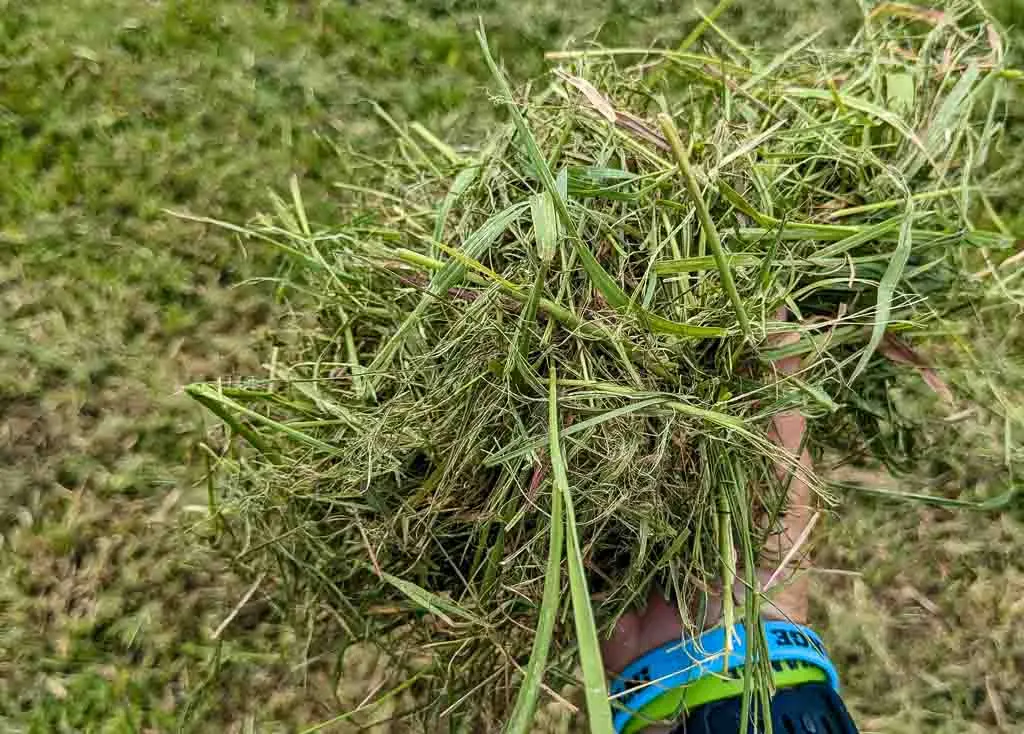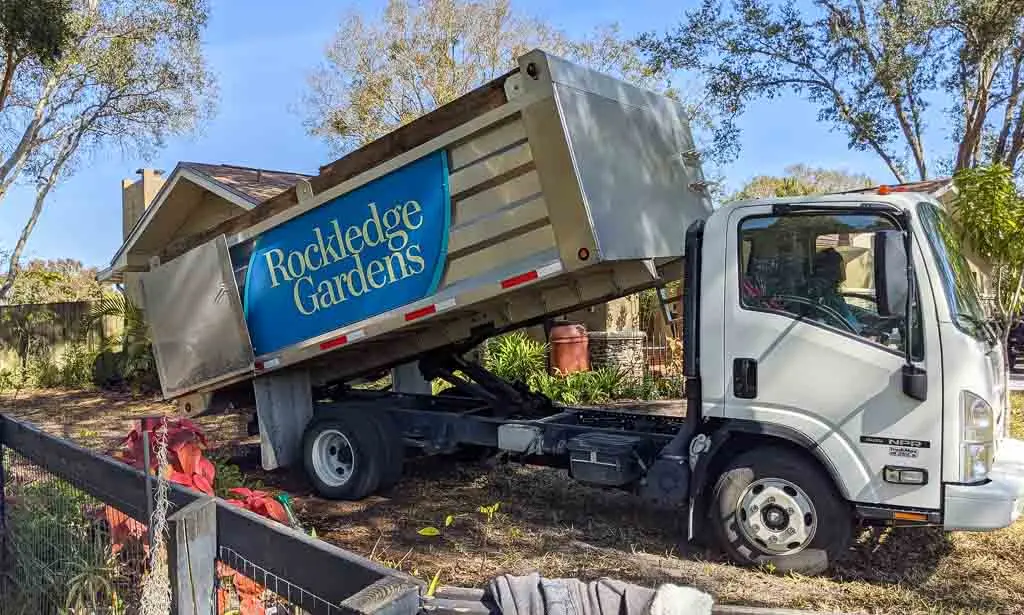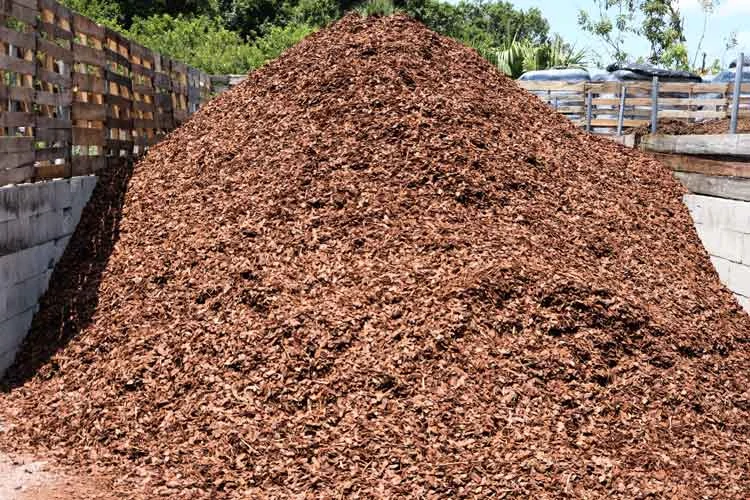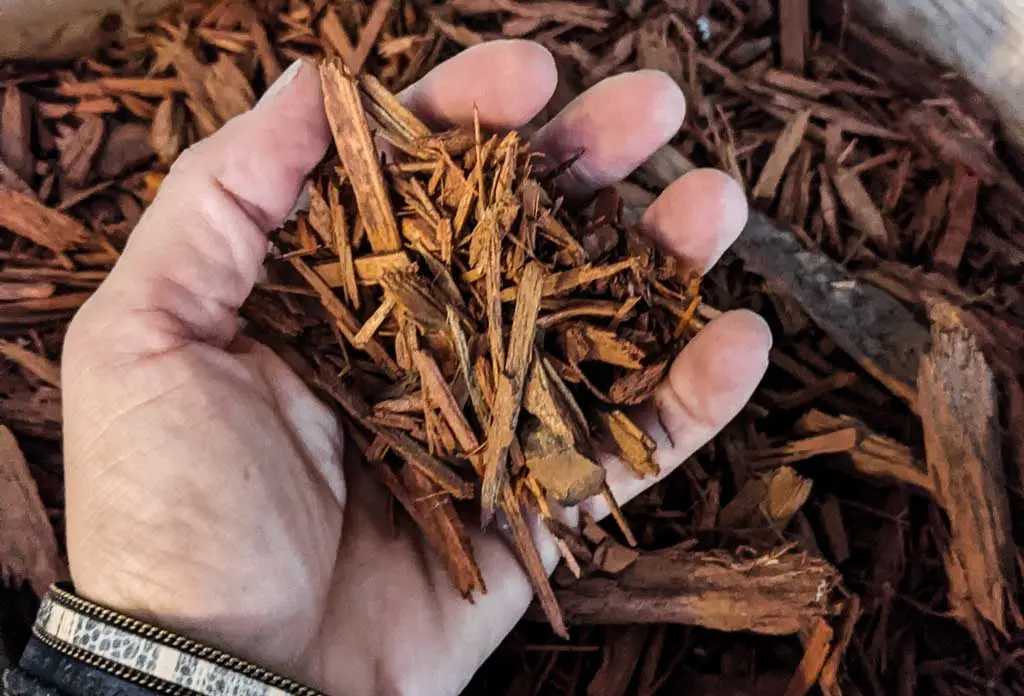by Amanda Rose Newton
Florida’s diverse climate and ecosystem present unique challenges and opportunities for gardeners and landscapers. In the Sunshine State, mulch is more than just a garden accessory– it’s a vital component for plant health and soil management.
With a variety of options available, including colored mulch and homemade or natural mulch, how do you choose the best for your garden, especially when considering green manure or mulch?
Why Use Mulch in Florida?
Mulch serves multiple purposes in Florida’s gardens:
- Moisture Retention: With Florida’s intense sun and periodic dry spells, mulch helps retain soil moisture, reducing the need for frequent watering.
- Temperature Regulation: Mulch acts as an insulator, keeping soil cooler in the scorching summer heat and warmer during cooler months.
- Weed Control: A layer of mulch inhibits weed germination and growth, saving time and effort in garden maintenance.
- Soil Health: As mulch breaks down, it enriches the soil with organic matter, improving soil structure and nutrient content, crucial in Florida’s sandy soils.
- Pest Reduction: Certain types of mulch can deter pests, which are prevalent in Florida’s warm climate.
- Prevents Fertilizer Runoff: Mulch can help keep fertilizers applied at the base of plants in place, which is important for the health of the Lagoon.
Colored Mulch vs. Homemade/Natural Mulch
Colored Mulch
Aesthetics: Offers a uniform, vibrant look that many find appealing.
Longevity: Tends to last longer than natural mulch.
Considerations: Some colored mulches can contain chemicals or dyes that may not be environmentally friendly or beneficial for soil health.
Homemade/Natural Mulch
Eco-Friendly: Free of chemicals and dyes, making it a safer choice for plants and wildlife.
Nutrient-rich: Breaks down over time, adding valuable nutrients to the soil.
Cost Effective: Often more affordable and can be made from yard waste.
Green Manure/Mulch in Florida Gardens
Green manure, a type of cover crop grown to be plowed under and incorporated into the soil, plays a significant role in sustainable gardening practices in Florida.

It offers several benefits:
Soil Improvement: Enhances soil structure, fertility, and organic content.
Pest and Disease Management: Can suppress certain pests and diseases.
Water Conservation: Improves soil’s water-holding capacity.
Biodiversity: Supports a diverse range of soil organisms.
Colored Mulch:
Pros:
Enhances garden aesthetics.
Longer-lasting.
Cons:
Potential chemical content.
May not improve soil quality as effectively.
Homemade/Natural Mulch:
Pros:
Environmentally friendly.
Enriches the soil.
Cons:
More frequent replacement.
Less uniform appearance.
Green Manure:
Pros:
Significantly improves soil health.
Eco-friendly and sustainable.
Cons:
Requires planning and effort to grow and incorporate.
Temporary unavailability of the land for other planting.
Choosing the right type of mulch in Florida depends on your gardening goals, aesthetic preferences, and commitment to environmental sustainability.

While colored mulch offers visual appeal and longevity, homemade or natural mulches are more beneficial for soil health and the environment. Incorporating green manure or mulch brings long-term benefits to the soil, contributing to a more sustainable gardening practice.
Remember, the right mulch can transform your Florida garden, making it not only a visual delight but also a hub for healthy plant growth and soil vitality.




